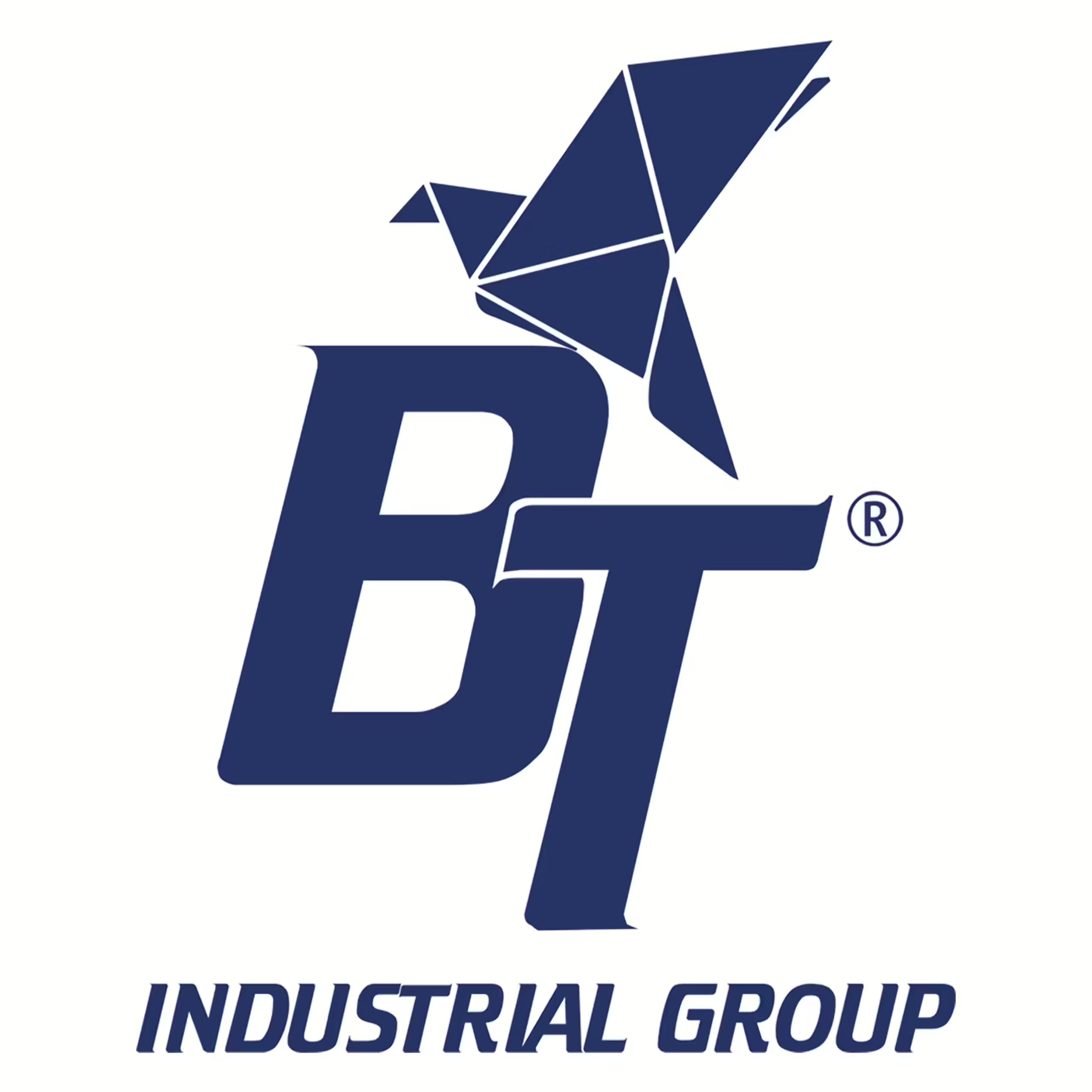BT Industrial
BT Industrial isn’t a company name you’ve come across in your day-to-day activities. However, open a tap in your home, and the water running out has most likely passed through a pipe made by BT Industrial.
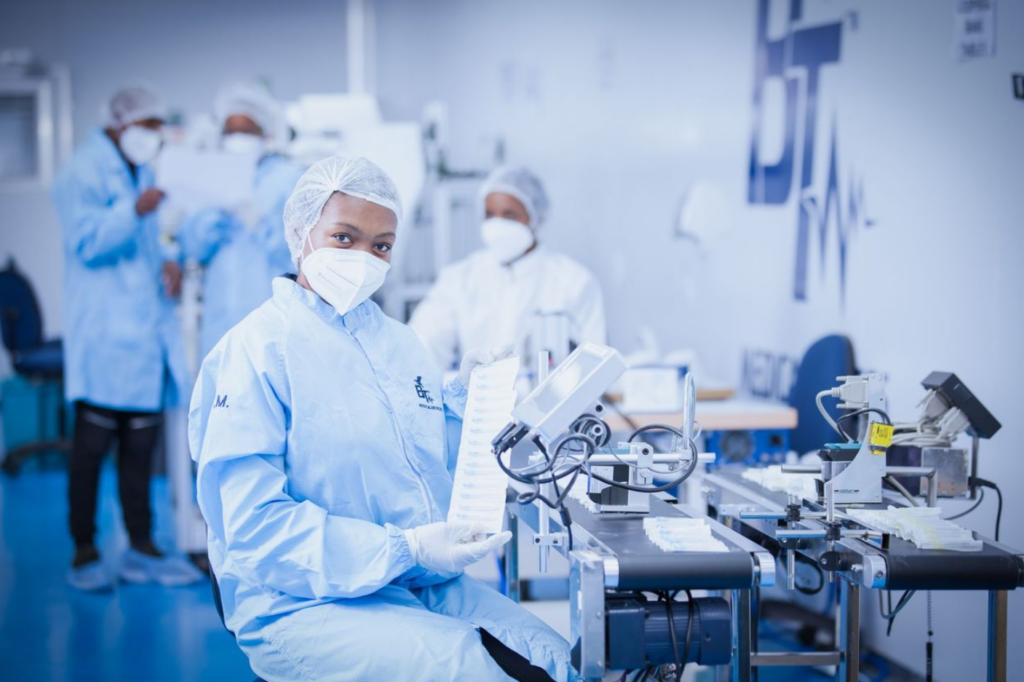
Challenges create opportunities. These circumstances breed innovation.
South Africa – and Africa, too – faces tremendous challenges. One of the largest is access to safe drinking water. In fact, only 46 percent of South African households have access to clean drinking water from a tap located within 200 meters of their home. This means that the majority – over 50 percent of our population of 51 million people – don’t have access to clean drinking water from a nearby tap.
What does that actually mean? The largest percentage of this population sector gets water from public or communal taps. Three percent of households rely on water tankers. Two percent of South Africans depend on water from a neighboring settlement or location. Two percent get their water from streams or rivers.
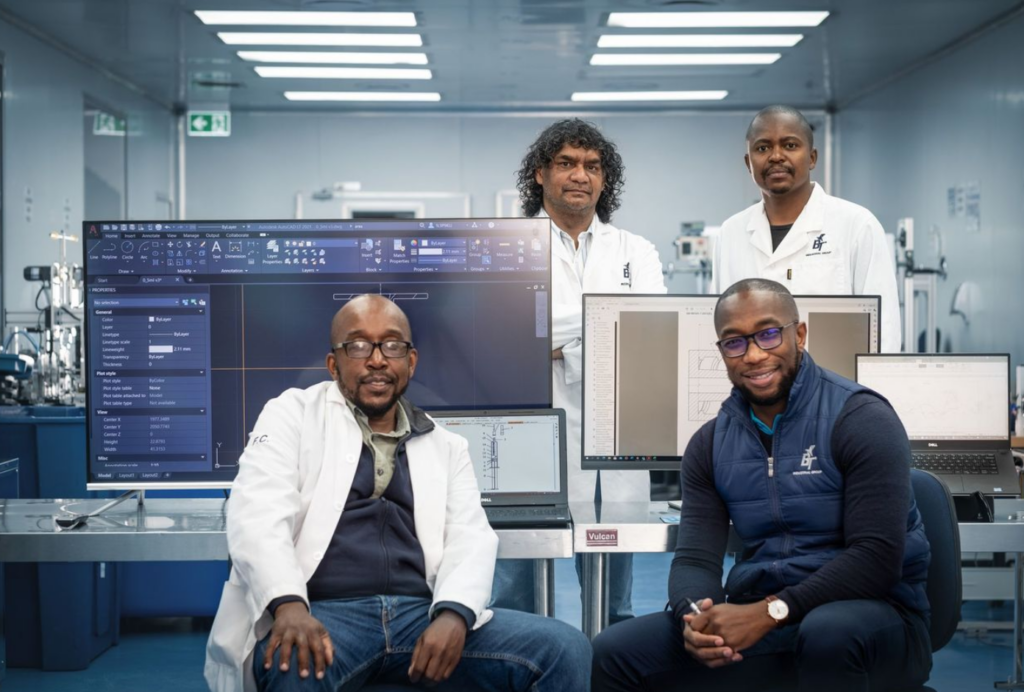
The long-term implications of this from a human and social development point of view are incredible to contemplate. This challenge sparked an opportunity. Kgomotso Lekola founded BT Industrial in 2016 to focus on engineering a solution for the upliftment and development of South Africa through the manufacturing of high-quality polyethylene plastic pipes for water and sanitation projects. This purpose motivates and sustains every action at BT Industrial – and defines its mission, too:
South Africa (and by extension, Africa) is home to rapid industrialization; the future growth of South Africa and Africa relies on the provision of the basics of fresh water and sewage. These are the arteries of industry.
Electricity can only be produced with a constant supply of fresh water. The growth and development of cities are greatly impacted by their ability to efficiently manage water, sanitization, and sewage systems. Agriculture relies on water access. Manufacturing plastic pipes for water is the cornerstone of BT Industrial’s purpose-led business to play a consequential role in the lives of people in South Africa – and beyond.
Participating meaningfully in the most important sector of productive society and human development provided another opportunity for BT Industrial to deploy its purpose for a country and continent that needs to catch up the most. BT Industrial’s plastic pipes for water include ducting for optical fiber lines. These high-quality polyethylene pipes convey not only water to meet industrial needs but also access to data. This is a major step into the development of the future as both critical infrastructure and life-altering access to data are piped (the pun is not lost on us) in through BT Industrial’s selection of products.
Today, BT Industrial’s high-quality polyethylene pipes are used in construction projects in South Africa – and throughout Africa. Over 60 percent of BT Industrial’s income is generated from orders outside the borders of South Africa. European markets are growing and BT Industrial is supplying the burgeoning Americas (North and South) with products and technologies.
One of the core tenets of BT Industrial’s business mission beyond profit is black empowerment. This is the only Black-owned and managed, independently funded manufacturer of pipes on the continent. But, that’s not all.
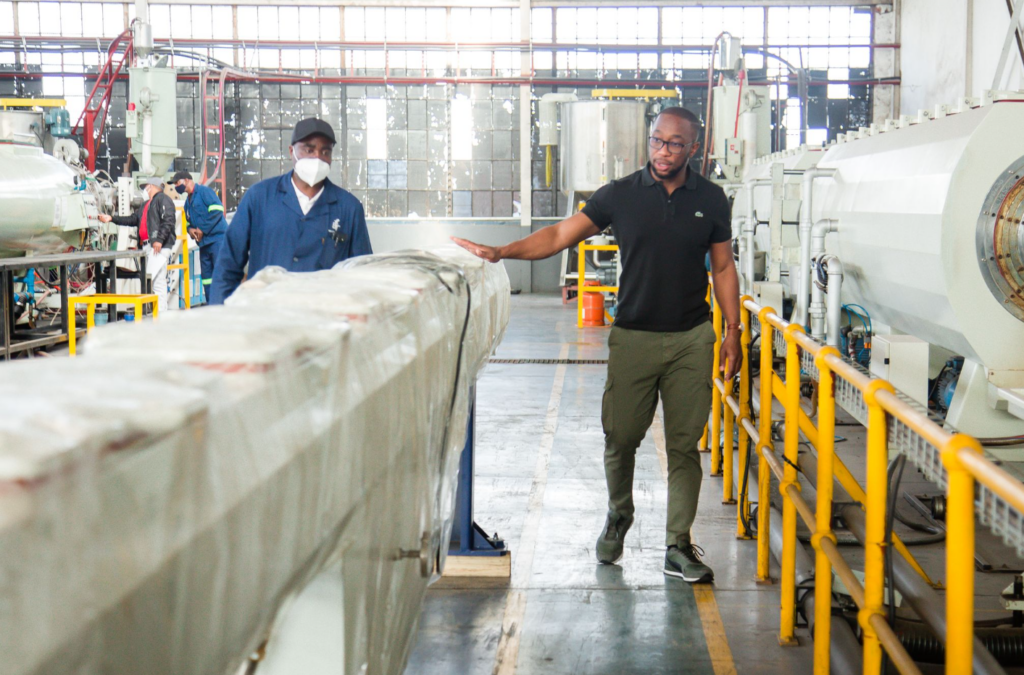
“Unless Blacks meaningfully participate in the productive side of the economy – producing things, making things – we’re going nowhere as a country because Blacks constitute 70 percent of the population,” said Lekola. “If none of us is producing goods that are needed in order to drive the economy forward, we are going to forever be looking in from the outside.”
The process of empowering people and communities starts internally at BT Industrial. This company strives to fill positions with Black members, where such jobs were previously reserved for the ruling White minority during the country’s apartheid regime. The staff complement at BT Industrial comprises 99.9 percent of Black members. BT Industrial and Lekola’s vision for South Africa (and Africa in general) is to give educated people real experience and opportunities to make a real difference in their communities, South Africa as a nation, and Africa as a powerhouse continent.
All lab technicians in its on-site laboratories are Black women. In keeping with BT Industrial and Lekola’s vision, these scientists were not all recruited from universities but rather call centers and other such spaces. Despite all holding Bachelor of Science (BSc) degrees, none were able to find employment using their education before joining BT Industrial. The company trained them to meet the new standards for its products and set these Black women into the laboratories as inspired scientists and community members. From spaces where they were under-appreciated and under-utilized, these Black staff members have come to BT Industrial to find a home and fully express themselves. What’s more, all of them have one thing in common: they are making a difference in people’s lives, doing amazing things. And they excel. It is this motivation that sets them apart from their rivals.
Kgomotso Lekola invited his long-time friend and business associate Kgomotso Maphai to join and drive BT Industrial’s ambitious growth objectives and to position the company’s brand of pipes to be first in mind when quality pipes are required by the industry. Maphai’s inclusive and passionate management style has been one of the key contributors to BT Industrial’s astronomic growth, supported by an experienced sales team and a “Just-In-time” logistics strategy. BT Industrial’s zero tolerance for poor quality has also made it a reputable manufacturer with repeat business from each and every one of its clients from day one.
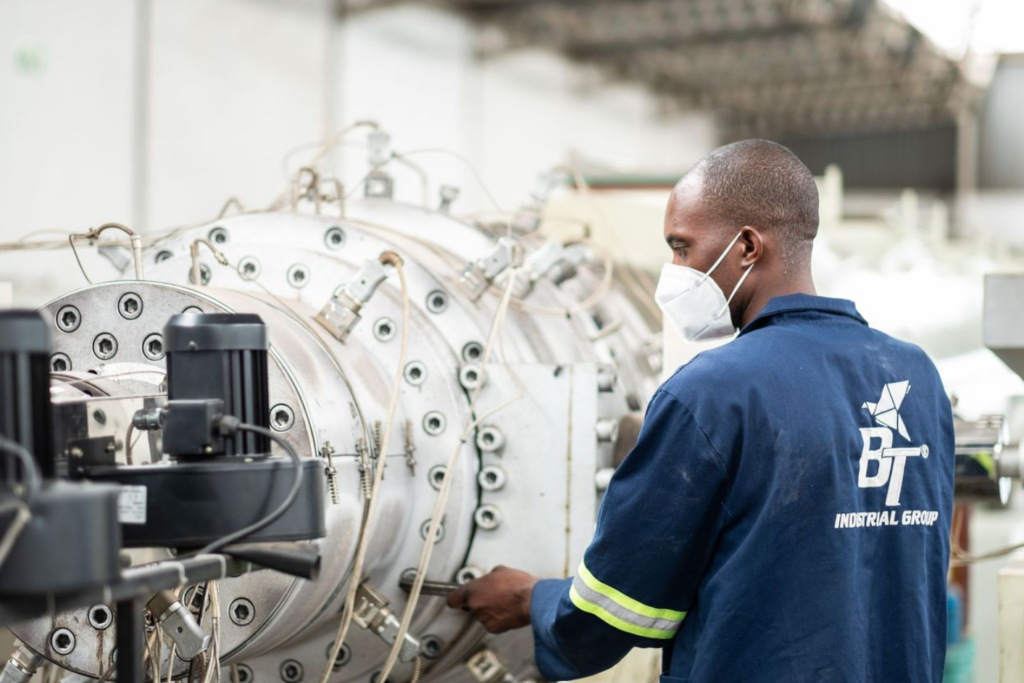
Creative sales and marketing strategies have assisted in increasing the brand’s recognition in a relatively short space of time. Maphai’s colleagues can attest to his passionate attitude which is driven by the motto, “If your dreams don’t scare you, they’re simply not big enough!”
BT Industrial has in the past five years developed a strong engineering team led by Farai Chamisa. The team has been responsible for plant layout and utilities design and implementation of their operations. “We have approached every project with a “can-do” attitude. That has meant firstly starting off with a clear definition of the project and its objectives, appropriating the right resources, and adopting a structured approach to our execution.”
The COVID-19 pandemic interrupted industries in unprecedented ways. BT Industrial scientists and engineers – like the rest of the world – were forced into isolation in their homes. Within the initial days of the lockdown, it became alarmingly clear that South Africa suffered a severe shortage of PPE (Personal Protective Equipment) in our healthcare sectors. Imports of PPE trickled in from overseas suppliers – supplies were simply outstripped by surging demand.
As scientists and engineers, and a company that focuses must benefit people by design, they went to work on a solution. Within two weeks, the teams engineered methods to produce medical-grade polypropylene medical fabrics for filters and PPE products but also designed the manufacturing line too. After three months, BT Industrial had also sourced raw materials locally. Thus, their medical division was born, producing world-class products from 100 percent locally sourced raw materials. Once again, a challenge presented itself – and an opportunity was created. The quality of these products is such that BT Industrial exports those throughout Africa, Europe, and the United States.
But this dynamic new medical division didn’t rest there. BT Industrial doesn’t innovate for the sake of innovation. As countries around the world were ramping up their vaccination campaigns, millions of doses of the various vaccines were being wasted because of inefficiently designed syringes. The team addressed this problem by re-imagining conventional syringe design and pioneering novel new, low-dead volume options offering the medical industry up to a 25 percent saving in unnecessary dose wastage.
The one unifying principle of BT Industrial is that it places purpose beyond all other considerations. It values people as an end, not a means. It creates a deliberate impact on its staff, suppliers, partners, and communities as a formidable force of good, especially for South Africa and the African continent.


